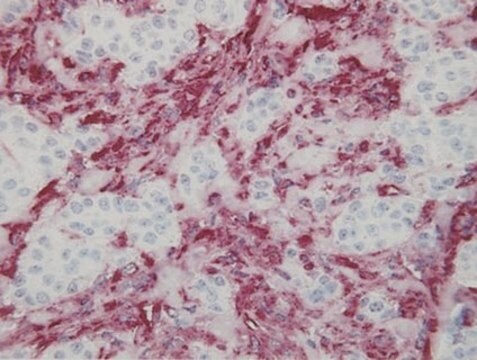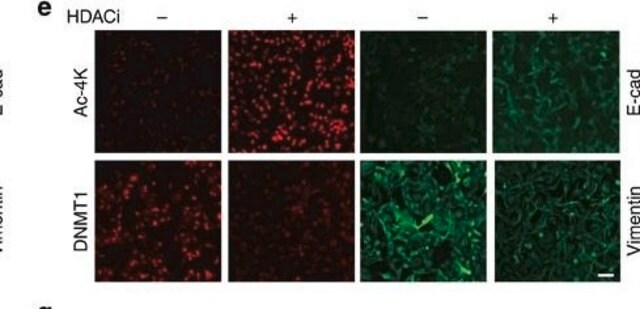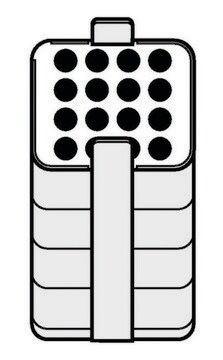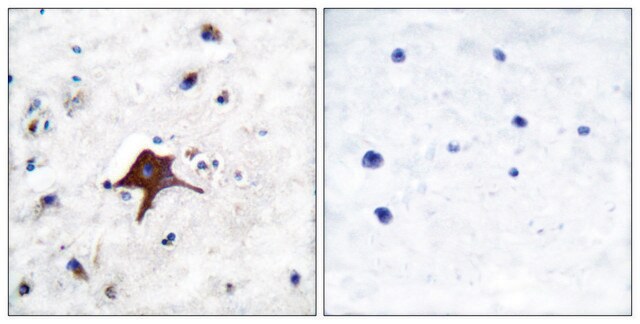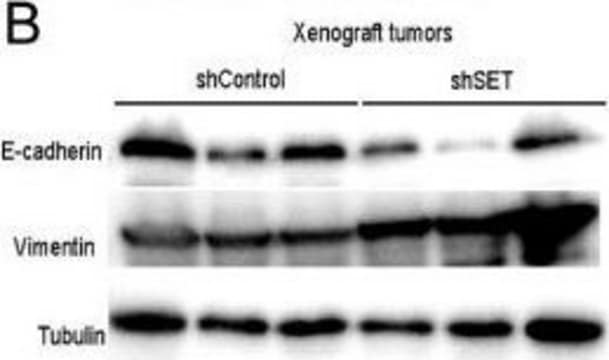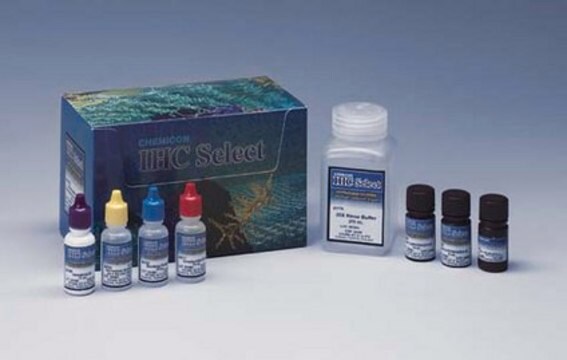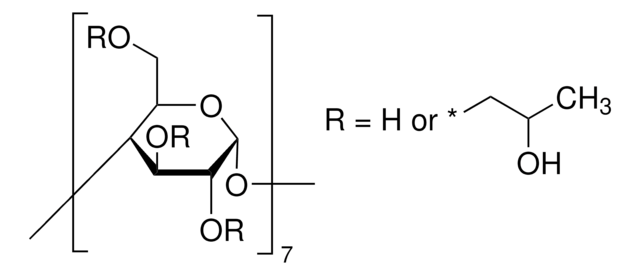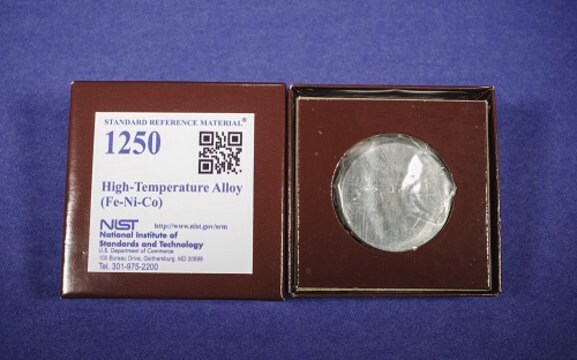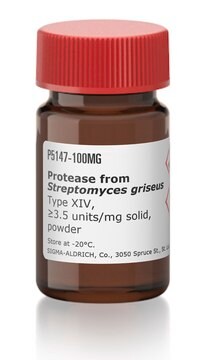413A-1
GLUT3 Rabbit Polyclonal Antibody
About This Item
Produits recommandés
Source biologique
rabbit
Niveau de qualité
100
500
Conjugué
unconjugated
Forme d'anticorps
Ig fraction of antiserum
Type de produit anticorps
primary antibodies
Clone
polyclonal
Description
For In Vitro Diagnostic Use in Select Regions (See Chart)
Forme
buffered aqueous solution
Espèces réactives
human
Conditionnement
vial of 0.1 mL concentrate (413A-14)
vial of 0.5 mL concentrate (413A-15)
bottle of 1.0 mL predilute (413A-17)
vial of 1.0 mL concentrate (413A-16)
bottle of 7.0 mL predilute (413A-18)
Fabricant/nom de marque
Cell Marque™
Technique(s)
immunohistochemistry (formalin-fixed, paraffin-embedded sections): 1:25-1:100
Contrôle
embryonal carcinoma, yolk sac tumor
Conditions d'expédition
wet ice
Température de stockage
2-8°C
Visualisation
membranous
Informations sur le gène
human ... SLC2A3(6515)
Description générale
Qualité
 IVD |  IVD |  IVD |  RUO |
Liaison
Forme physique
Notes préparatoires
Autres remarques
Informations légales
Vous ne trouvez pas le bon produit ?
Essayez notre Outil de sélection de produits.
Faites votre choix parmi les versions les plus récentes :
Certificats d'analyse (COA)
Désolés, nous n'avons pas de COA pour ce produit disponible en ligne pour le moment.
Si vous avez besoin d'assistance, veuillez contacter Service Clients
Déjà en possession de ce produit ?
Retrouvez la documentation relative aux produits que vous avez récemment achetés dans la Bibliothèque de documents.
Notre équipe de scientifiques dispose d'une expérience dans tous les secteurs de la recherche, notamment en sciences de la vie, science des matériaux, synthèse chimique, chromatographie, analyse et dans de nombreux autres domaines..
Contacter notre Service technique